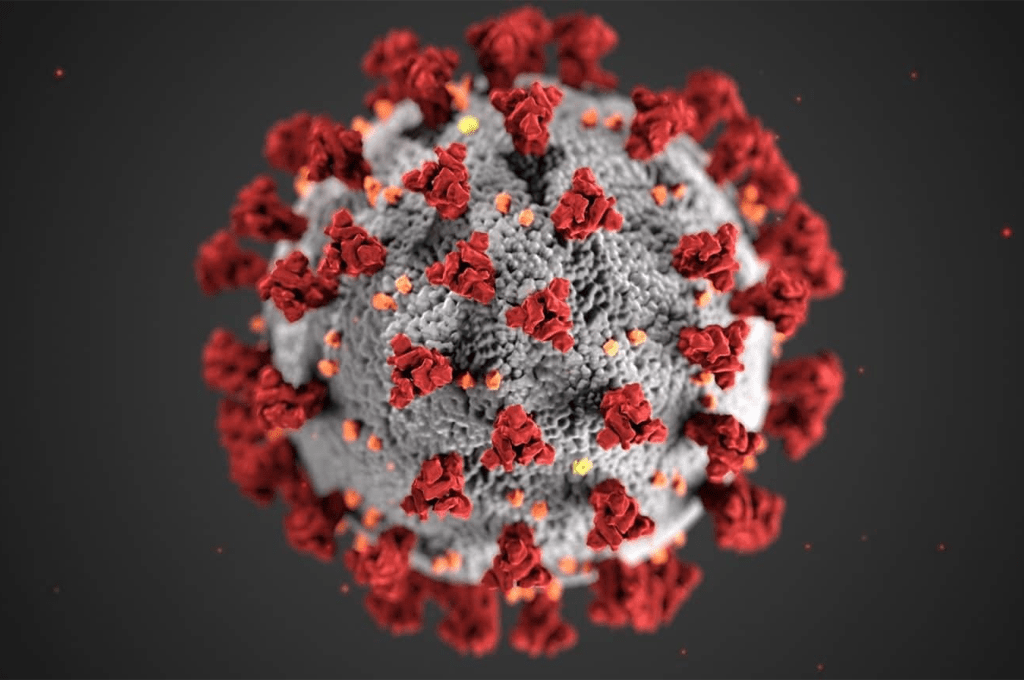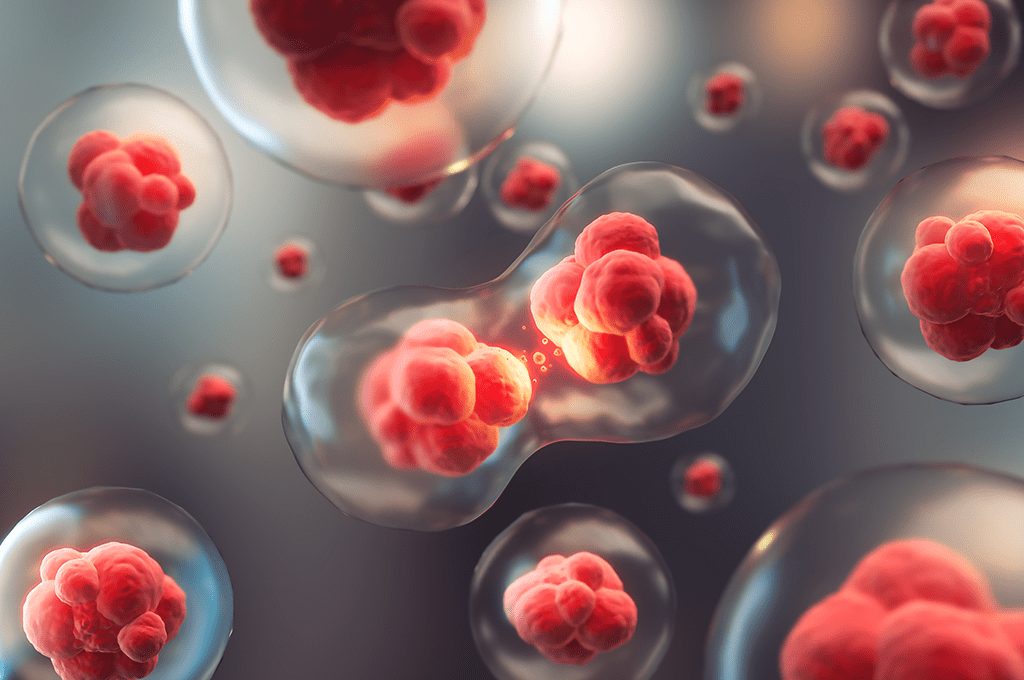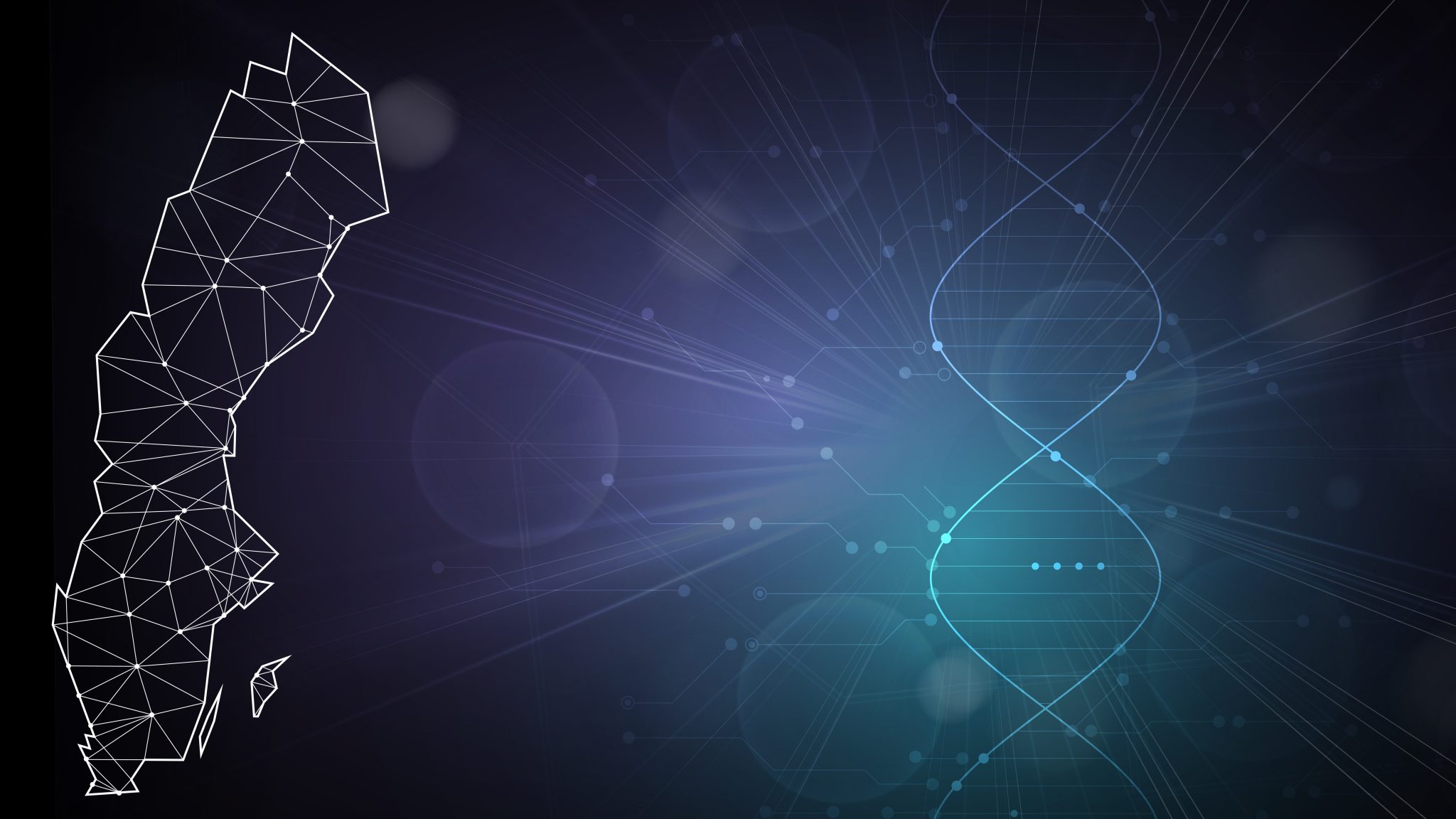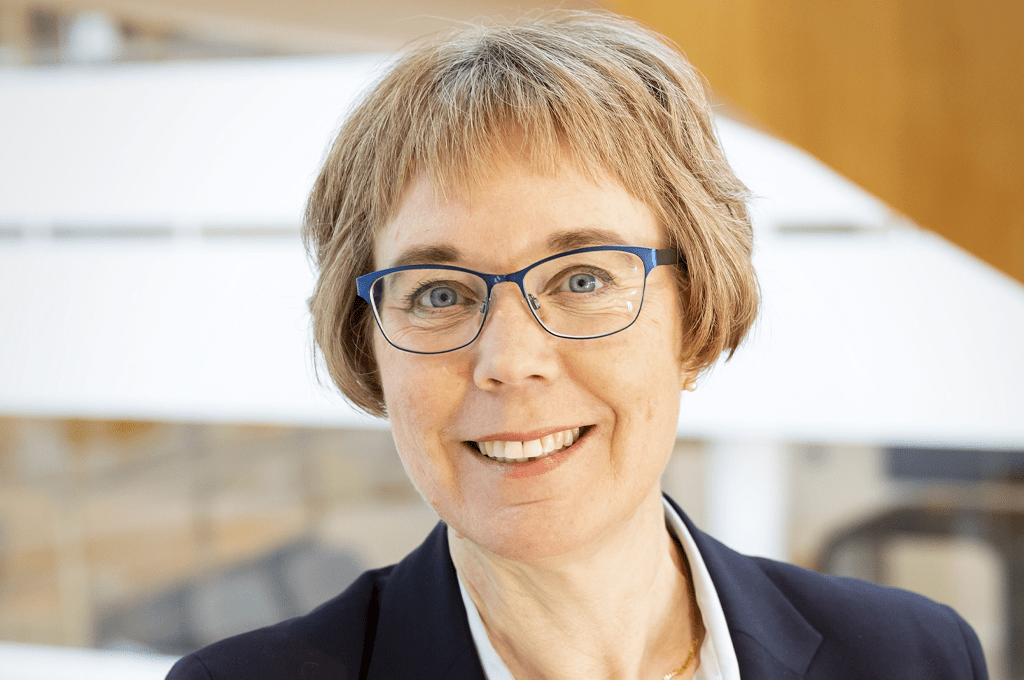Prize symposium 2018 – outstanding research discoveries and engaging the public
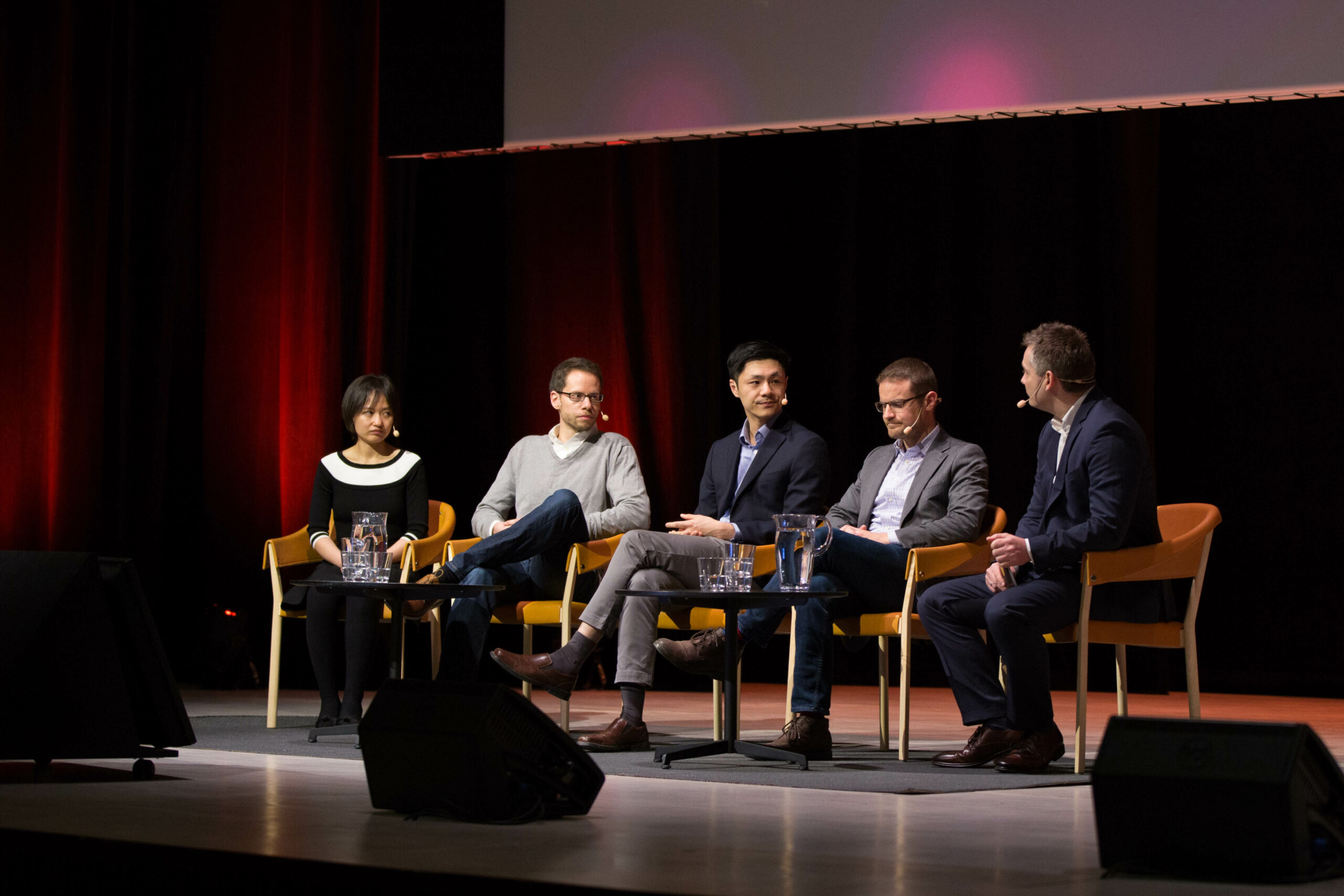
Image: the four Prize winners along with the symposium’s MC, SciLifeLab Fellow Sebastian Deindl.
On December 12, it was time for this year’s Science & SciLifeLab Prize for Young Scientists symposium. In summary: exceptional research presentations, an inspiring talk on science meeting the public and many curios participants.
As the Prize week took off on Monday, December 10, the Prize winners have had a few days to get to know SciLifeLab and the Swedish research community. They have met with SciLifeLab researchers, taken tours of the units, attended the Nobel banquet and discussed the benefits and challenges of pursuing a career in research with high school students interested in science. On Wednesday, however, it was time for SciLifeLab and the research community to get to know the winners, at the Prize symposium.
In front of a curious audience, ranging from PhD students to PIs, the four winners were called to the stage by the symposium’s MC SciLifeLab Fellow Sebastian Deindl, to presented their research discoveries.
Tim Wang (Janelia Research Campus, Washington DC, USA), Genomics and Proteomics category winner, started off the day by presenting his essay Paring down to the essentials, focused on how one can identify the gene set of any cellular pathway by disrupting individual genes and observing the resultant phenotypes.
Ecology and Environment category winner Matthew Savoca (Stanford University, New York, USA) then presented his essay The ecology of an olfactory trap, which investigates the interactions between plastic waste and marine wildlife, specifically the behavioral mechanisms underlying the decision to ingest plastic.
Thereafter, Ruixue Wan (Tsinghua University, Zhengzhou, China), talked about her essay A key component of gene expression revealed. By the use of cryo-EM, she has mapped the mechanisms underlying the spliceosome, something that has previously been difficult due to the lack of high-resolution structures of it.
Grand Prize winner Christoph A. Thaiss (University of Pennsylvania, Frankfurt, Germany) then gave the final winners’ presentation, on his essay Microbiome dynamics in obesity, highlighting how lifestyle predisposes humans to obesity and the role the intestinal microbiome plays in the process.
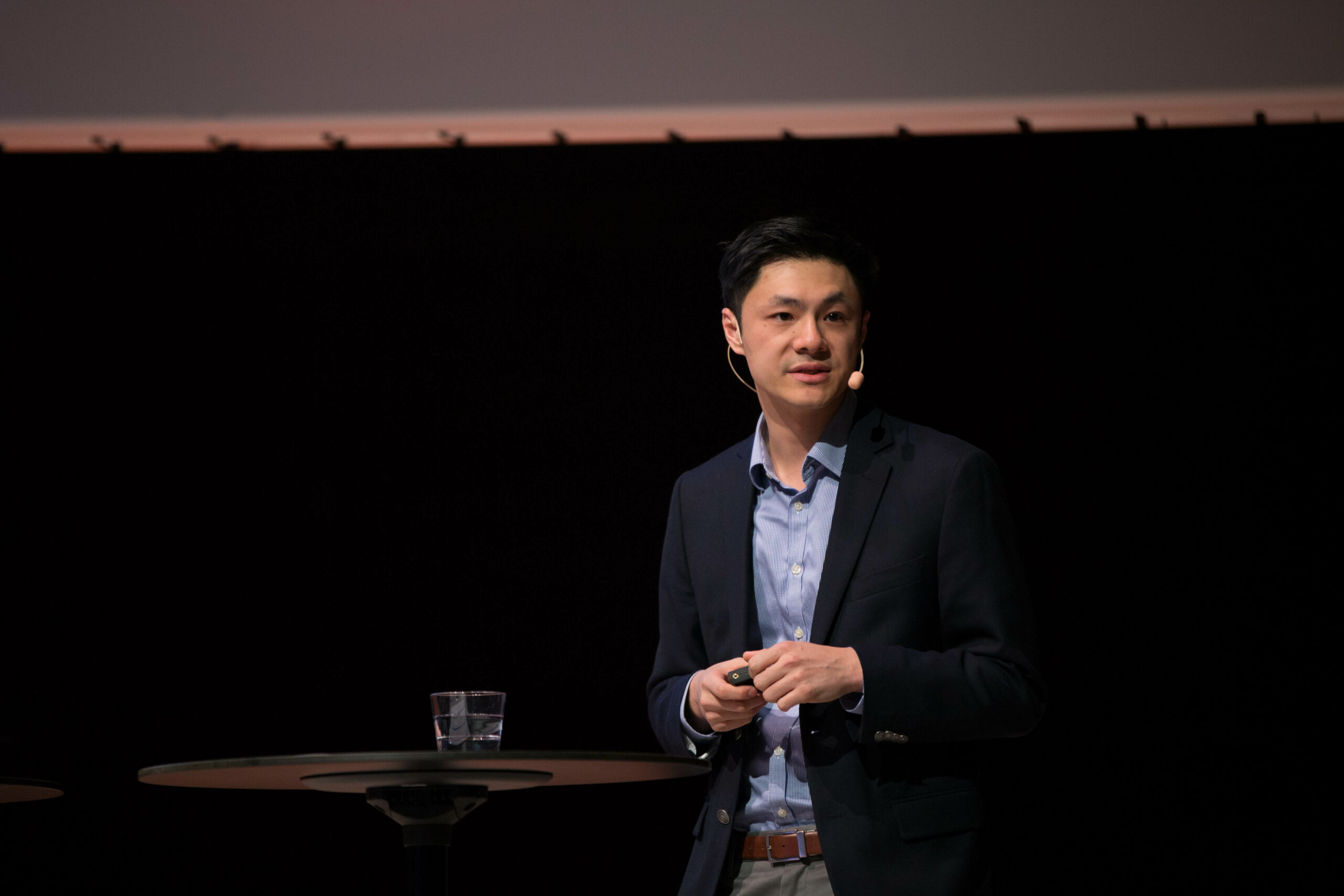
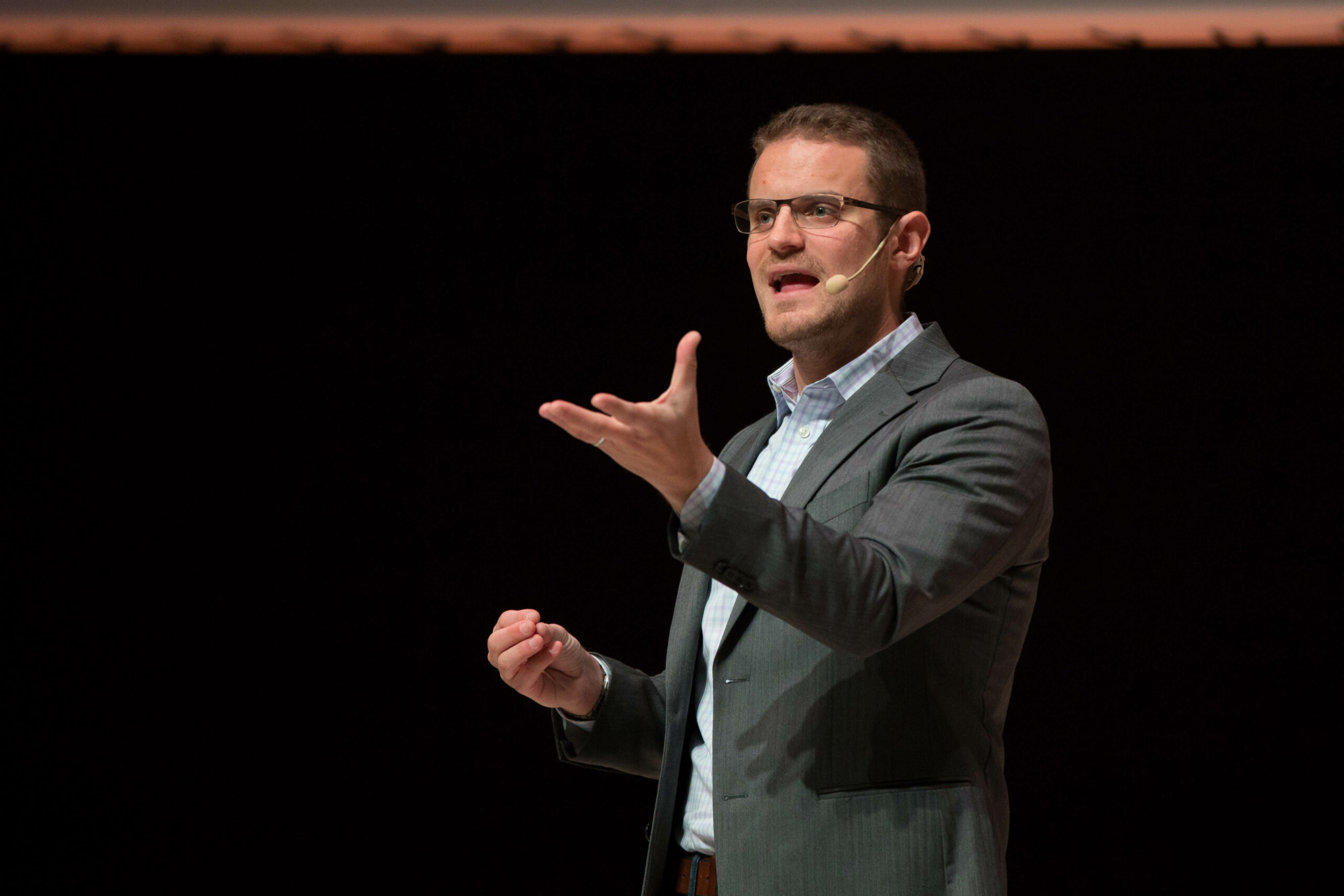
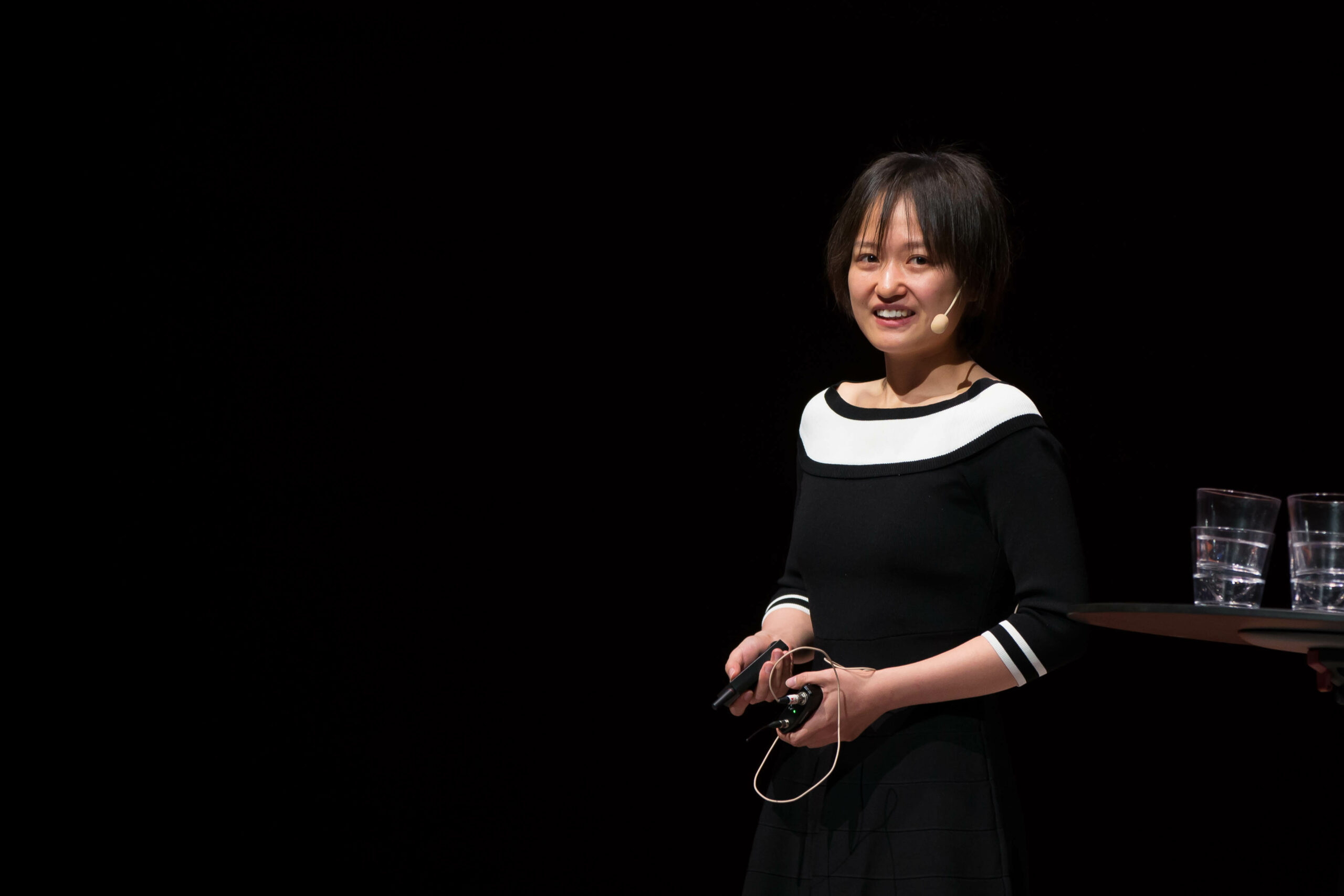
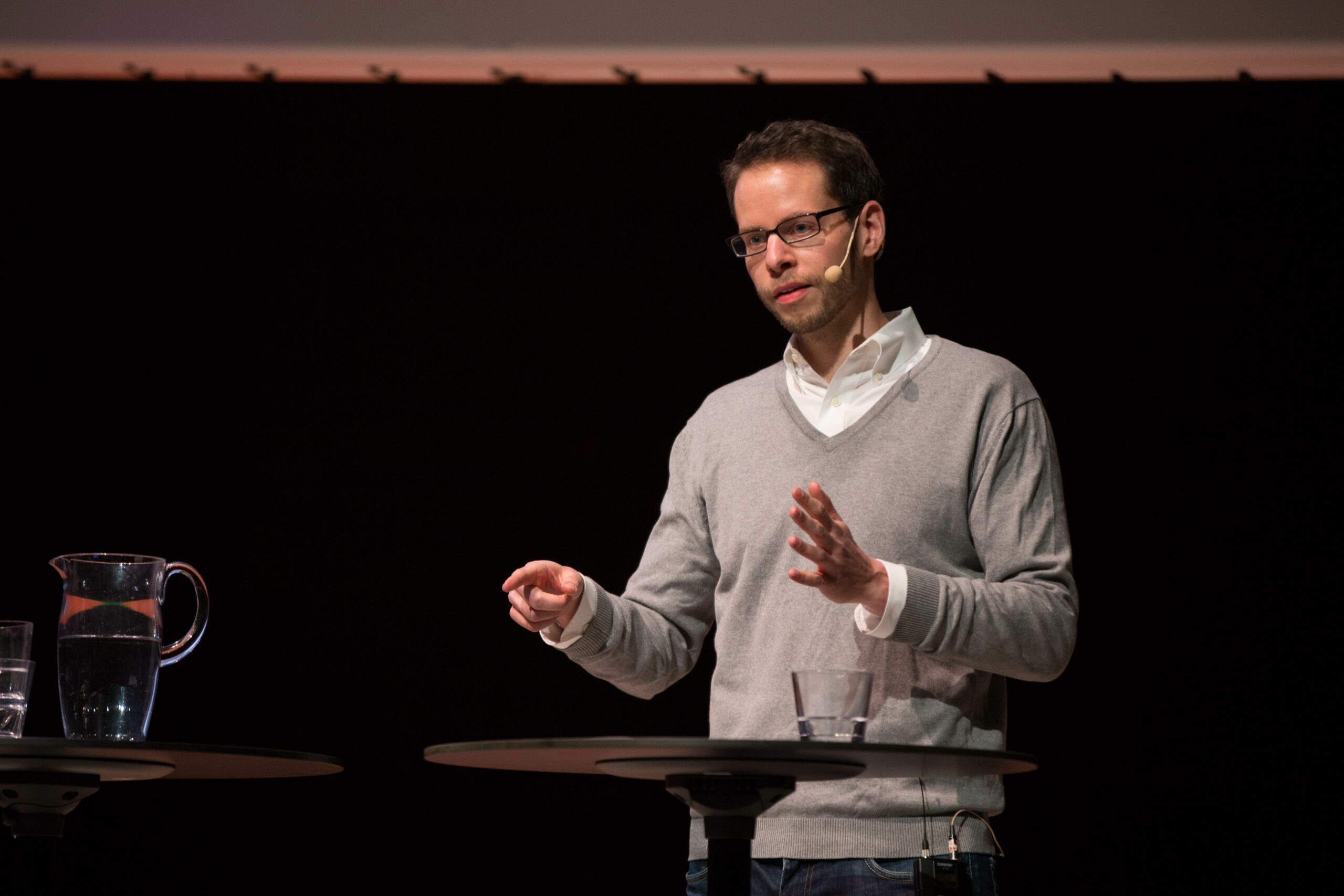
Images, top left to bottom right: Tim Wang, Matthew Savoca, Ruixue Wan, Christoph A. Thaiss.
Following the winners’ presentations was the SciLifeLab top publications showcase, with three author talks: Nina Gustafsson (Targeting PFKFB3 radiosensitizes cancer cells and suppresses homologous recombination), Axel Olin (Stereotypic Immune System Development in Newborn Children) and Devin Sullivan (Deep learning is combined with massive-scale citizen science to improve large-scale image classification).
Devin Sullivan’s presentation, focused on a citizen science project where online gamers helped classify protein images, gave a few ideas about how science can become more engaging the public.
“For the first time in my life, I’ve actually READ scientific texts!” and “If I were to be completely honest, I’d have never guessed it was this cool”, he quotes two participants of the project.

Image: Devin Sullivan sharing a few quotes of the project’s participants.
Making science more including was a key point of Shirley Malcom’s (AAAS Senior Advisor) talk as well, which wrapped up the day. In her presentation When science meets the public, she focused on how science needs to be made available and interesting to society at large, in order to continue utilizing research worldwide.
“It’s no longer about popularization or understanding, it’s about engaging”, she said.
Tonight, on Dec 13, the winners will be honored at a celebratory banquet with about 150 guests in the Hall of Mirrors of the Grand Hôtel in Stockholm, the original venue of the Nobel Prize festivities. In addition to the financial awards, the winners will receive prize statuettes designed by Alicia Bergsten.
The Science & SciLifeLab Prize for Young Scientists is made possible through the kind support of Knut and Alice Wallenberg Foundation.
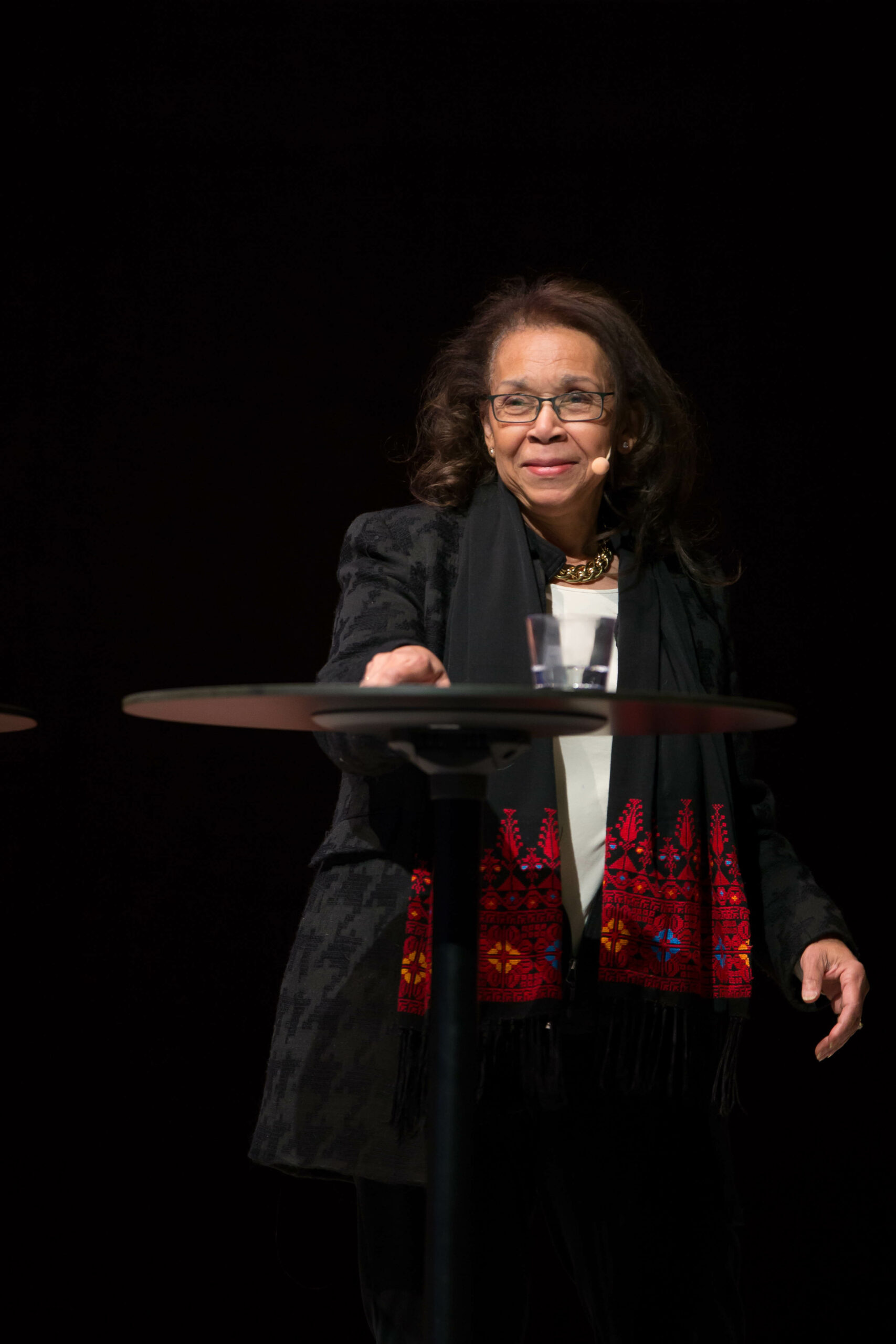
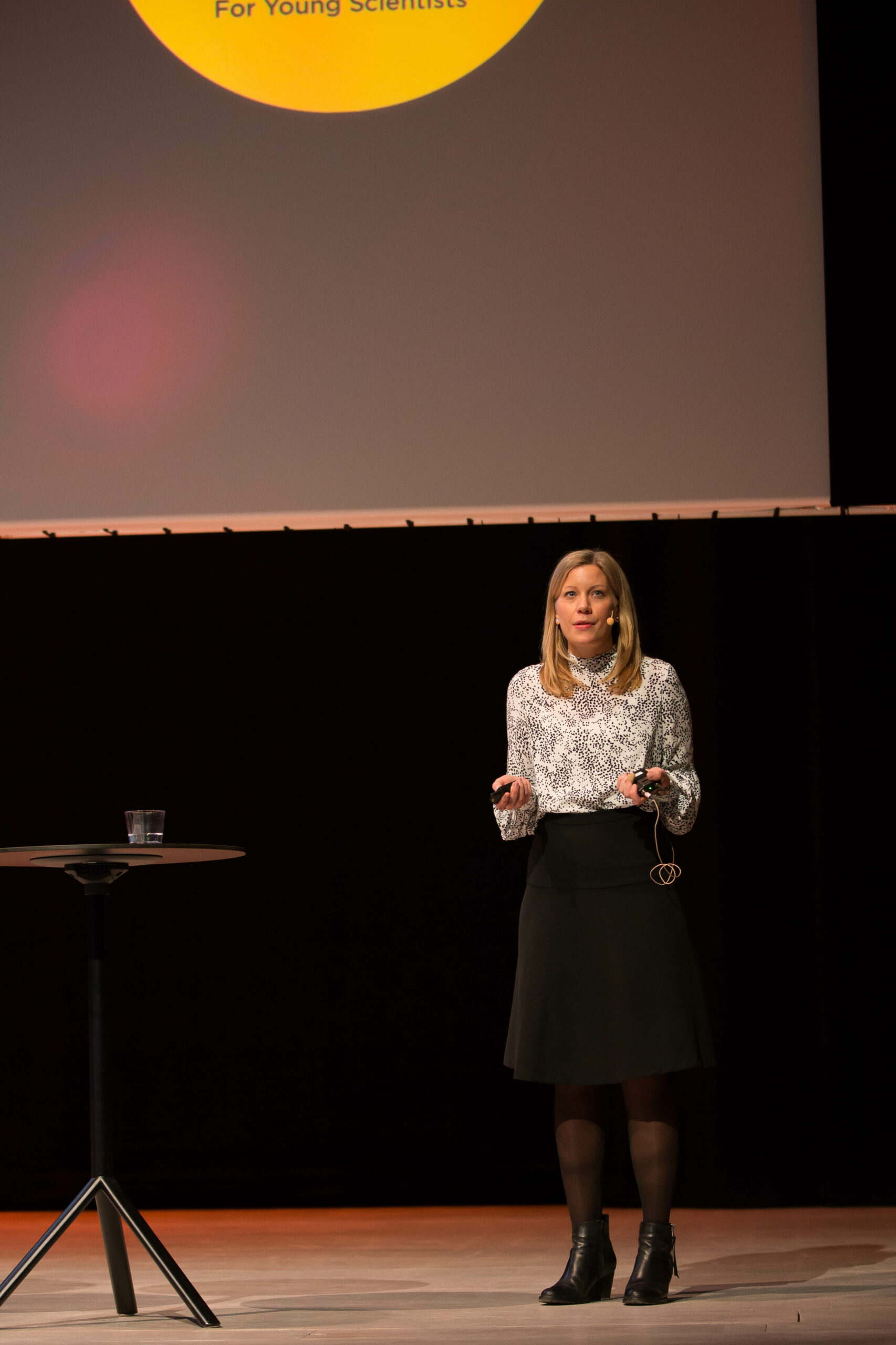
Image: to the left, AAAS Senior Advisor Shirley Malcom. To the right, SciLifeLab top publications showcase speaker Nina Gustafsson.
